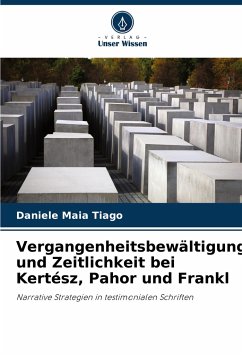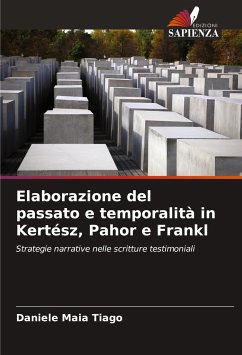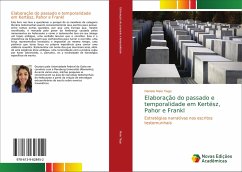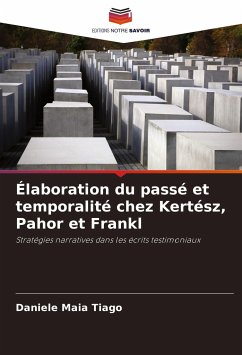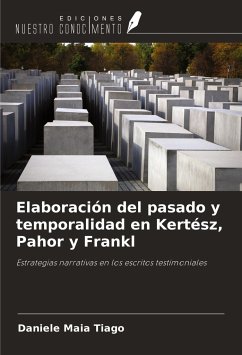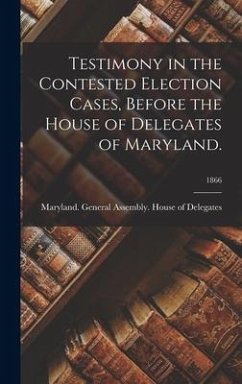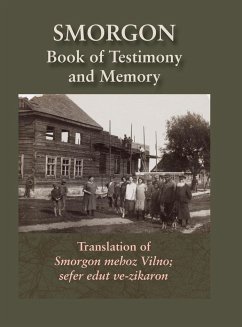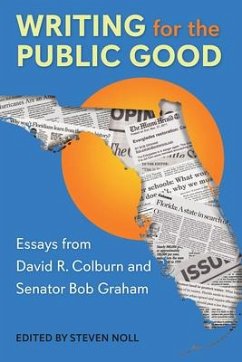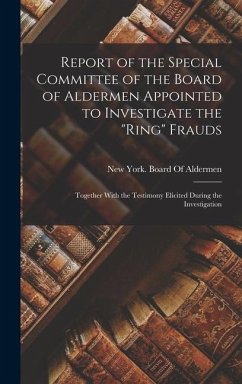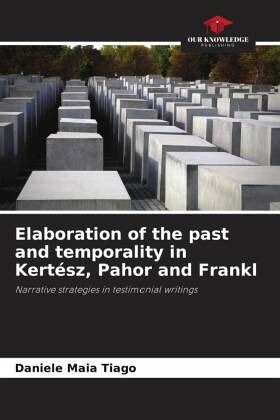
Elaboration of the past and temporality in Kertész, Pahor and Frankl
Narrative strategies in testimonial writings
Versandkostenfrei!
Versandfertig in 6-10 Tagen
38,99 €
inkl. MwSt.

PAYBACK Punkte
19 °P sammeln!
This book leads us to question why members of the testimonial literary category consciously use their writings to think about, among many other issues, why a Europe that, even if reunified, is marked by the dread of remembrance caused by monuments to the Holocaust and how testimony carries at its core an ambiguous topos, a lacunar truth that constitutes it. This is the impotence of the language we know to narrate what happened, a representative force that is necessary and impossible at the same time, a power that takes strength in its own impotence to tell of an unheard-of violence... To testi...
This book leads us to question why members of the testimonial literary category consciously use their writings to think about, among many other issues, why a Europe that, even if reunified, is marked by the dread of remembrance caused by monuments to the Holocaust and how testimony carries at its core an ambiguous topos, a lacunar truth that constitutes it. This is the impotence of the language we know to narrate what happened, a representative force that is necessary and impossible at the same time, a power that takes strength in its own impotence to tell of an unheard-of violence... To testify on behalf of those who died would be, in addition to an ambiguous ethical requirement, a reconciliation with one's own guilt for having survived, and therefore this is the need for specific writing strategies.





